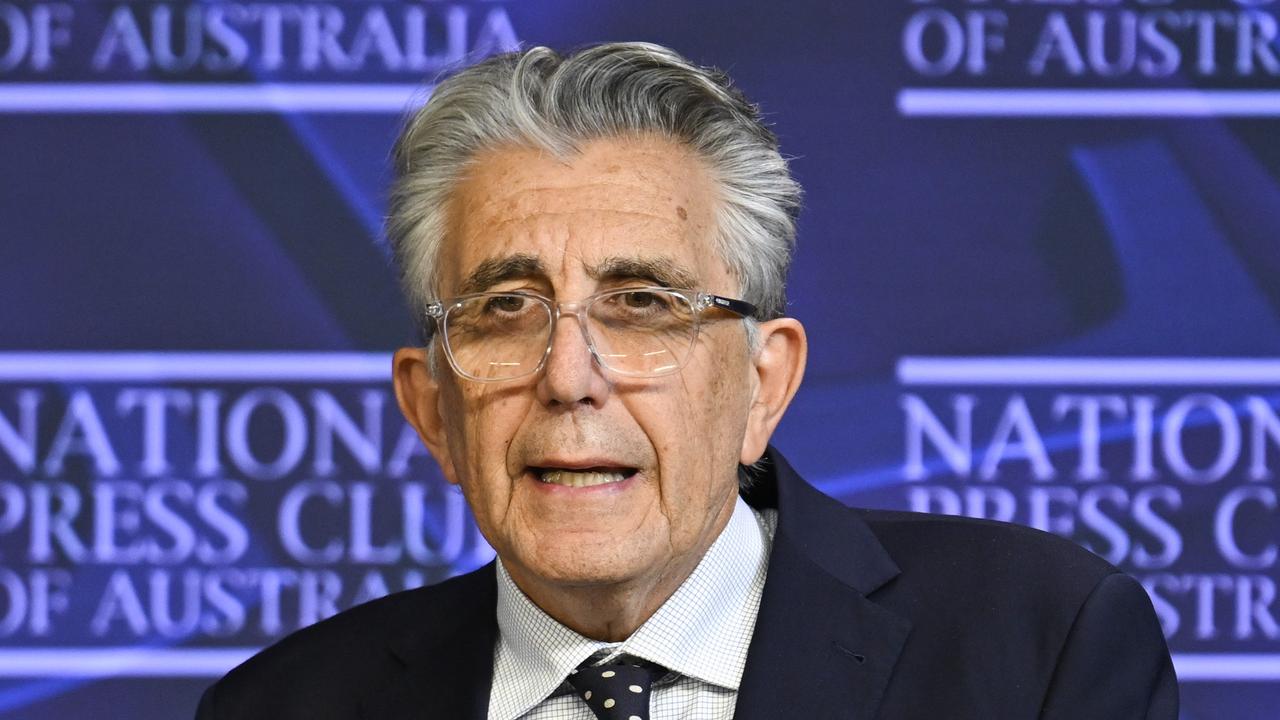Former WA solicitor-general Grant Donaldson in messy legal costs stoush
The former West Australian solicitor-general has been in a fight with Perth’s wealthy Caratti family over his bills for more than five years.

A high-profile barrister who offered little more than a two-word explanation for more than $800,000 of legal fees has successfully fought off a push to have him found in contempt of court.
Grant Donaldson SC has been involved in a protracted fight with Mammoth Investments – a private company linked to Perth’s wealthy Caratti family – over the bills he sent them when briefly on retainer with the group back in 2019.
He had originally invoiced the group just over $800,000 across four invoices for services he described as “getting up”, prompting Mammoth to launch legal action seeking a more substantial explanation for the charges.
That ended with Mammoth securing a court order in November 2022 for Mr Donaldson – a former WA solicitor-general – to provide fresh invoices with itemised bills detailing the work he had done.
Mammoth launched proceedings earlier this year alleging that Mr Donaldson had engaged in contempt of court by failing to comply with the order.
It was Mammoth, however, that earned a rebuke this week from Chief Justice Peter Quinlan, who noted that the group’s failure to supply documents requested by Mr Donaldson when he was working on his revised invoices had exacerbated the dispute.
The Chief Justice dismissed the contempt application and ordered Mammoth to pay Mr Donaldson’s costs.
Chief Justice Quinlan’s decision detailed how an hour after the November 2022 court decision, Mr Donaldson had emailed one of Mammoth’s solicitors at Hotchkin Hanly requesting the return of all the papers that were provided to him when he was engaged on the matter. Almost a week later, Mammoth’s solicitor said he was seeking instructions in relation to the request.
Just nine minutes later, Mr Donaldson replied: “You don’t need instructions. I need the papers to comply with a court order so get them to me.”
Chief Justice Quinlan said “no quarter was given” by Mammoth or their solicitors in the exchange of emails that followed, with Mammoth’s representatives eventually telling Mr Donaldson they were instructed not to comply with the request for documents “unless you can satisfy us that we or our clients are under a legal obligation to do so”.
Two days later, Mr Donaldson forwarded four new invoices offering more expansive descriptions of the work performed.
Those invoices included covering letters reminding them he had returned the brief following termination of his retainer.
“I requested that your firm provide me with access to various documents forming part of my brief for the purpose of preparing itemised bills in as much detail as possible. Your firm has not provided me with access to the requested documents. Accordingly, the itemised bill has been prepared without the benefit of those documents,” he wrote.
The updated invoices included numerous entries in which Mr Donaldson provided the same, or substantially the same, description of the work performed.
Five months later, Mammoth’s solicitors sent Mr Donaldson a letter describing the revised bills as “plainly not in assessable form”.
“In particular, of the 79 entries with respective charges, 77 of them combined different work tasks, so it is impossible to know how much time was spent on each task,” the letter said. “Of the other two entries, one is so general that it is not even possible to determine the work task or tasks for which payment is claimed.”
They said it appeared “a great deal of time” had been charged for tasks that they believed must have been done by junior counsel, as well as time spent on issues that ultimately caused unnecessary expense. They said they believed a more reasonable charge for the work would have been $260,000.
They noted they had already paid $689,400, and requested Mr Donaldson refund them the “overcharge” of $400,000.
It was those complaints about the scale of the charges that ultimately helped satisfy Chief Justice Quinlan that Mr Donaldson had in fact compiled with the order, noting that the invoice was supposed to allow the recipient to make a judgment on the reasonableness of the hours claimed.



